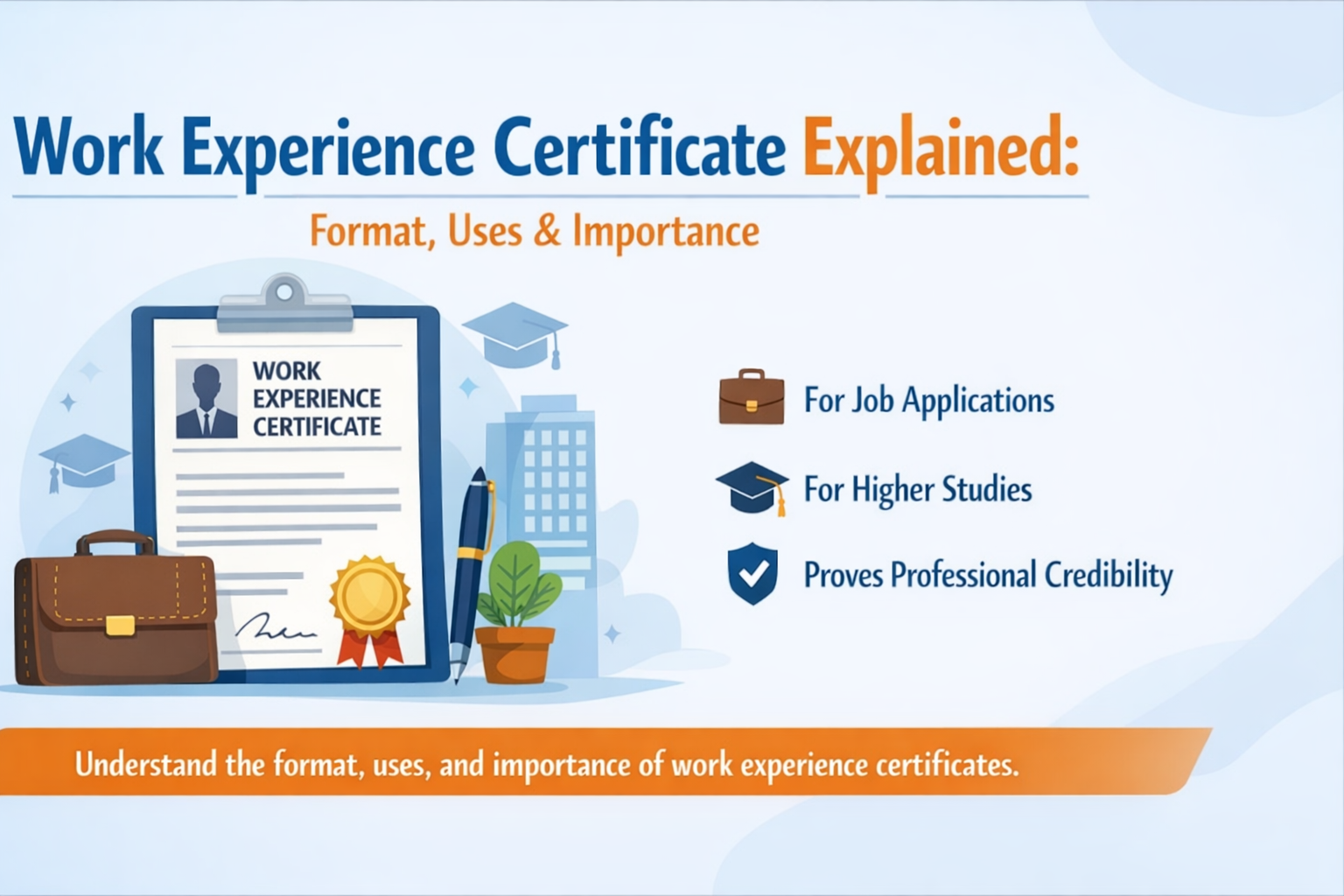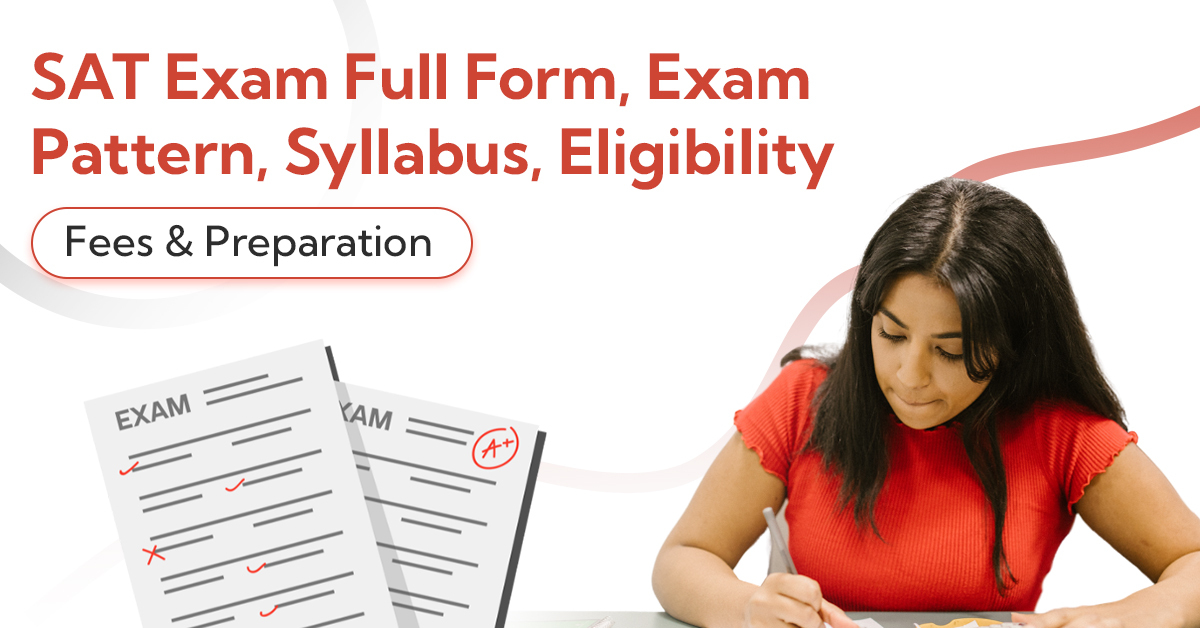Earn a Globally Recognized Master’s in Canada
Study at Canada’s top universities, gain hands-on experience, and open doors to global career opportunities with a world-class master’s program.
What are you looking for?
Hey, we’d like to know you better too!
Talk to our counsellor
A master’s degree program in Canada provides both advanced teaching standards and multicultural learning opportunities. The University of Toronto and the University of British Columbia maintain their positions as global top institutions. International students pay approximately CAD 29,714 each year in tuition fees depending on programs and educational institutions. Master’s degree programs in Canada include mandatory cooperative placement options or internship programs which ensure graduates obtain better employment prospects after graduation. After graduation, the Post-Graduation Work Permit (PGWP) from Canada allow international students to work in the country for 3 years.
Why Pursue Master’s in Canada as an Indian Student?
Pursuing a master’s degree in Canada offers numerous advantages:
- High-Quality Education: Canadian universities, such as the University of Toronto and McGill University, are renowned for their academics and research.
- Affordable Tuition Fees: Compared to other popular study destinations, Canada offers competitive tuition rates.
- Post-Graduation Work Opportunities: The Post-Graduation Work Permit (PGWP) program allows graduates to work in Canada for up to three years.
- Pathway to Permanent Residency: Canada’s immigration policies are favourable to international students, offering clear pathways to PR after graduation.
- Cultural Diversity and Inclusivity: Canada’s multicultural environment ensures a welcoming atmosphere, helping Indian students feel at home while studying abroad.
Eligibility and Admission Requirements to Study Masters in Canada for Indian students
Academic Requirements
- Bachelor's Degree: A completed bachelor's degree from a recognized university is mandatory.
- GPA: A minimum GPA of 3.0 or equivalent (out of 4.0) is required.
English Proficiency
- IELTS: 6.5 overall band score with no band score below 6.0, but requirements differ.
- TOEFL: Scores typically range from 80-100.
- PTE: Scores typically range from 65-75.
Other Requirements
- A Statement of Purpose
- Letters of Recommendation
- Proof of funds
- Professional experience (If required)
Document Checklist
Below are the general documents you will need to enrol in a master’s program in Canada:
- Photographs
- Statement of Purpose
- Proof of funds
- Language test scores
- Bank statement
- Academic certificates
- Letter of recommendation
- Canadian bank account
- Transcripts
- Application form
- Immigration medical examination
- Resume
- Student visa
- Competitive exam scores
- Experience certificates
- Medical exam
Popular Programs in Canada for Master’s
| Courses | Tuition Fees per year | Average salary per year |
|---|---|---|
| Business Administration (MBA) | CAD 30,000 to CAD 60,000 | CAD 70,000 to CAD 80,000 |
| Engineering | CAD 20,000 to CAD 40,000 | CAD 82,404 |
| Computer Science | CAD 15,000 to CAD 35,000 | CAD 80,046 |
| Health Sciences | CAD 15,000 to CAD 30,000 | CAD 81,046 |
| Data Science and Analytics | CAD 20,000 to CAD 40,000 | CAD 135,419 |
| Education | CAD 15,000 to CAD 30,000 | CAD 69,522 |
| Finance | CAD 15,000 to 35,000 | CAD 109,148 |
| Environmental Science | CAD 15,000 to CAD 30,000 | CAD 81,520 |
| Psychology | CAD 15,000 to CAD 30,000 | CAD 102,527 |
| International Relations | CAD 15,000 to CAD 30,000 | CAD 85,581 |
Cost of Studying Master in Canada
The master’s degree cost in Canada is around CAD 21,100 per year.
Note: These are average figures; actual costs can vary.
Cost of Living in Canada
The cost of living in Canada depends on the city you live in. Below is a breakdown of the average living costs for international students:
| Head | Cost of Living in Canada in CAD Per Month |
|---|---|
| Rent | 1,900 – 2,600 |
| Utility Expenses | 230 |
| Tenant Insurance | 30 |
| Food & Grocery | 400 |
| Clothing & Shoes | 100 |
| Transport | 105 |
| Entertainment | 100 |
Accommodation Costs in Canada
Accommodation is one of the biggest factors in living costs. Below is a general overview:
| Accommodation Type | Average Cost Per Month in CAD |
|---|---|
| Hostels | $300 – $600 ($10 – $20 per night) |
| Private Apartment | $400 – $1,500 |
| Shared Rental | $250 – $700 |
| Homestay | $400 – $800 |
Scholarships for Master’s in Canada
Canada offers several government programs and scholarships for master’s students. Some of them are listed below:
Merit-Based Scholarships
- Vanier Canada Graduate Scholarships
- Ontario Graduate Scholarship (OGS)
- Canada Graduate Scholarships-master's (CGSM) Program
Fully Funded Scholarships
- Pierre Elliott Trudeau Foundation Scholarship
- Lester B. Pearson International Scholarships
Scholarships for Women
- International Peace Scholarship Fund
Top Universities and Colleges to study Master’s in Canada for Indian Students
Canada has several top universities for Master’s in Canada:
| University/College | QS World University Rankings 2025 |
|---|---|
| University of Toronto | 25 |
| McGill University | 29 |
| University of British Columbia | 38 |
| University of Alberta | 96 |
| University of Waterloo | 115 |
| Western University | 120 |
| Université de Montréal | 159 |
| McMaster University | 176 |
| University of Ottawa | 189 |
| Queen’s University at Kingston | 193 |
Job Opportunities after Master’s in Canada for Indian Students
| Job Profile | Salary Package per year |
|---|---|
| Engineering | CAD 82,404 |
| IT | CAD 82,284 |
| Healthcare | CAD 89,752 |
| Finance | CAD 109,148 |
| Education | CAD 40,000 to CAD 73,000 |
| Consulting | CAD 68,021 |
| Management | CAD 45,000 to CAD 65,000 |
| Research | CAD 57,794 |
| Sales | CAD 63,492 |
Experts at Transglobal Overseas can tell you about the job opportunities available after a master’s degree in Canada.
Stepwise Guide to Applying for a Master’s Degree
- Find the Right University and Program: Research universities and programs that align with your academic background and career goals.
- Check Admission Requirements: Review the admission requirements by checking eligibility standards, academic prerequisites and program-specific necessities.
- Gather Essential Documents: Prepare and collect essential documents including transcripts, degree certificates, resumes, recommendation letters, statements of purpose, and test scores.
- Submit Your Application: Complete the university application form. You can also apply through a common portal.
- Provide Supporting Documents: Students need to provide the necessary documents through the university-approved method before the deadline and pay the application fee.
- Track Your Application: Check your application status and wait for acceptance.
- Confirm Your Admission: Choose your preferred offer, accept the admission, and complete any necessary formalities with the university.
- Plan Your Move: Arrange travel, accommodation, and pre-departure essentials to ensure a smooth transition to your studies in Canada.
Student Visa Requirements for a Master's Program in Canada
- Acceptance Letter from a Designated Learning
- Institution (DLI) in Canada.
- Proof of Financial Support
- Valid Passport
- Application Form
- Application Fee
- Proof of Identity
- Medical Exam (if required)
- Police Clearance Certificate (if required)
- Statement of Purpose
- Biometrics (if required)
Post-Study Stay Back Options in Canada
You are eligible for a post-graduation work permit (PGWP) if you graduated from a designated learning institution (DLI) and want to stay in Canada temporarily.
Graduation from a DLI doesn’t automatically make you eligible for a PGWP. Check the DLI list to find out which schools have eligible programs.
You have up to 180 days after you graduate to apply for a PGWP. When you apply, you must confirm the following:
- that you attended and completed your program
- the name of your program
- the length of your program
You can confirm these by submitting any of the following:
- your degree or diploma
- your transcript or
- an official letter from your school
Frequently Asked Questions
What are the benefits of studying for a master's in Canada?
There are many benefits of studying for a master’s in Canada, such as job opportunities, high-quality education, diverse programs, a safe community, etc.
How long does it take to complete a master's degree in Canada?
A master’s degree in Canada usually takes one to two years to complete, but the length can vary. Some programs can take up to three years.
What are the eligibility requirements for a master's program in Canada?
To be eligible for a master’s program in Canada, you must meet the following requirements:
- Undergraduate degree
- English proficiency
- Graduate entry test
- Letters of recommendation
- Statement of purpose
- Work experience
- Proof of funds
- Criminal record check
Can I apply for a master's in Canada without work experience?
Yes, you can apply for a Master’s degree in Canada without work experience. However, having some relevant work experience can significantly strengthen your application.
When is the best time to apply for a master's in Canada?
The best time to apply for a Master’s degree in Canada is between April and August of the year before the program starts to target the Fall (September) intake. As it is the most popular and offers the widest range of courses across most universities.
Are there any scholarships available for international students?
Yes, there are many scholarships for international students in Canada, including short-term exchange programs, merit-based scholarships, and need-based scholarships. Some examples include Vanier Canada Graduate Scholarships, HEC Montréal Scholarships, etc.
Can I work while studying for my master's in Canada?
Yes, you can work while studying for your master’s degree. Your study permit should allow for off-campus work and you must meet the eligibility requirements.
What is the PR (Permanent Residency) process after completing a master's in Canada?
To obtain Permanent Residency (PR) in Canada you must apply through the Express Entry system using the Canadian Experience Class (CEC). You must gain relevant work experience in Canada through a Post-Graduation Work Permit (PGWP) after your studies.






